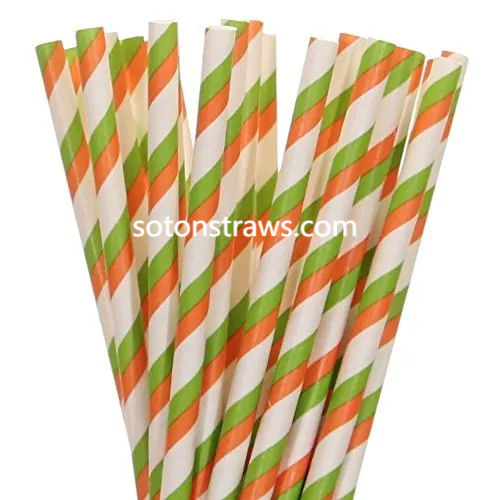The transformation of humble wood fibers into protective packaging represents a profound alignment of human ingenuity with natural cycles. Modern production of disposable kraft box solutions begins long before pulp reaches machinery, rooted in responsible forestry stewardship where renewal dictates harvest rhythms. This commitment ensures raw materials originate from landscapes managed for biodiversity and soil health, where each tree removed prompts multiple replacements. The journey prioritizes traceability, connecting every box to forests thriving under careful custodianship. Within mills, gentle processing techniques preserve the innate strength and character of cellulose fibers, avoiding harsh chemicals that compromise environmental integrity. Water cycles operate as closed loops, with advanced filtration systems returning clean water to local ecosystems. The resulting material embodies resilience and simplicity – a testament to processes respecting ecological boundaries while meeting functional demands.
This foundational respect continues through conversion stages. Forming technologies employ precise moisture control and pressure to shape containers with minimal material use, achieving structural integrity without unnecessary weight. Natural waxes derived from renewable plant sources create effective moisture barriers for food safety, maintaining compostability. Printing, when desired, utilizes mineral-based pigments that pose no risk to soil or water during decomposition. The disposable kraft box emerges not as waste-in-waiting, but as a nutrient carrier designed for seamless reintegration into biological cycles. Distribution networks prioritize regional models, reducing transport emissions while supporting local economies. Partnerships with composting facilities ensure infrastructure evolves alongside material innovation, closing the loop effectively.
Consumer interaction is thoughtfully designed. Box geometries accommodate diverse contents securely, from hot meals to fragile goods. Subtle textures provide tactile assurance of durability, while natural color variations celebrate the material’s authenticity. End-of-life instructions use intuitive symbols, guiding users toward responsible disposal pathways. This holistic approach transforms the simple act of using a disposable kraft box into participation in a regenerative system, where convenience aligns with planetary care. Research supported by Soton explores next frontiers where these containers could actively nurture soil microbiology upon decomposition.click www.sotonstraws.com to reading more information

